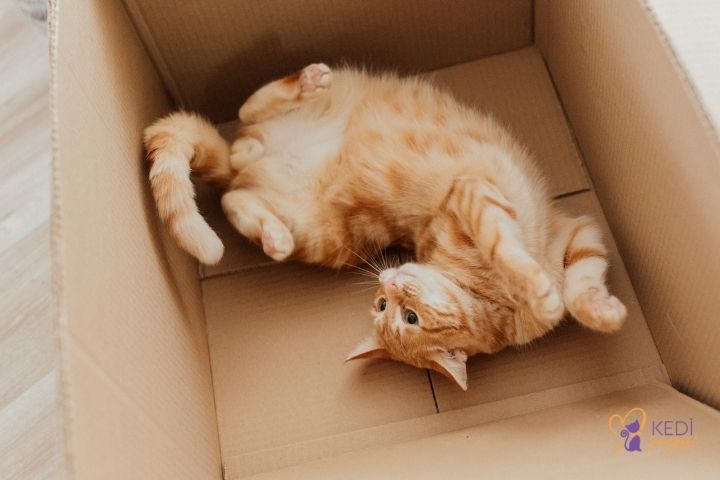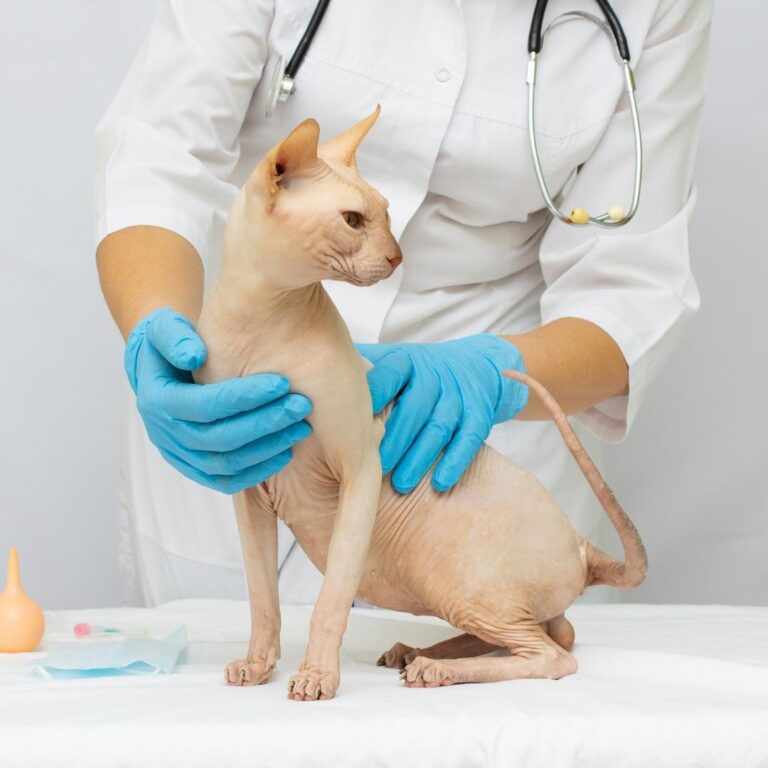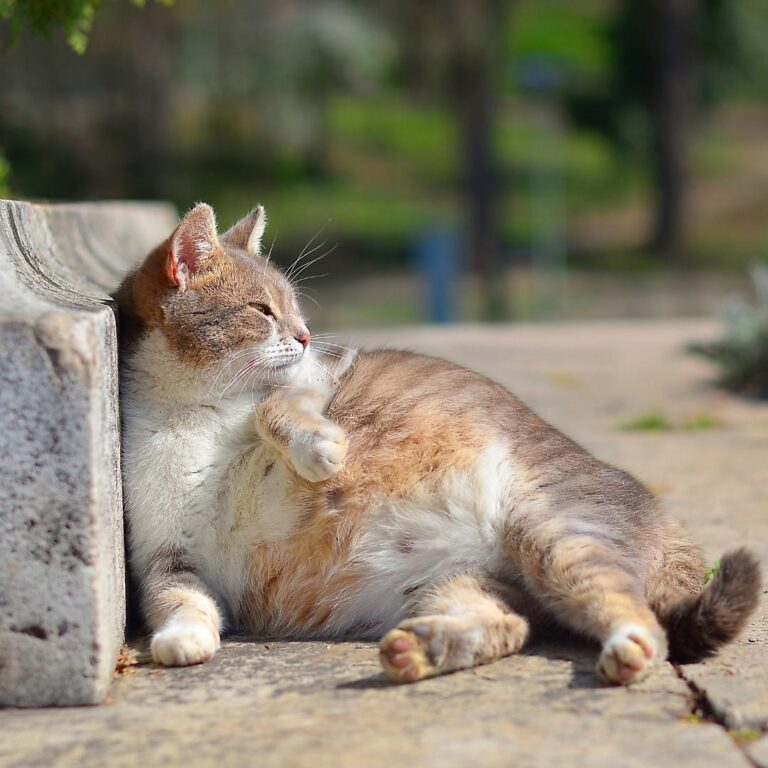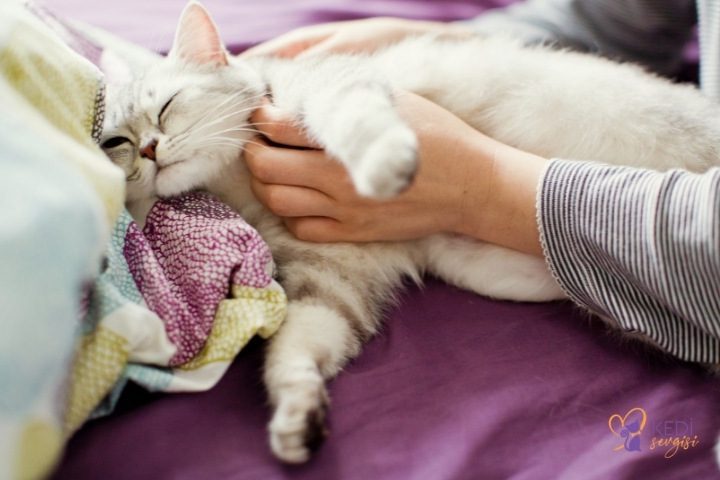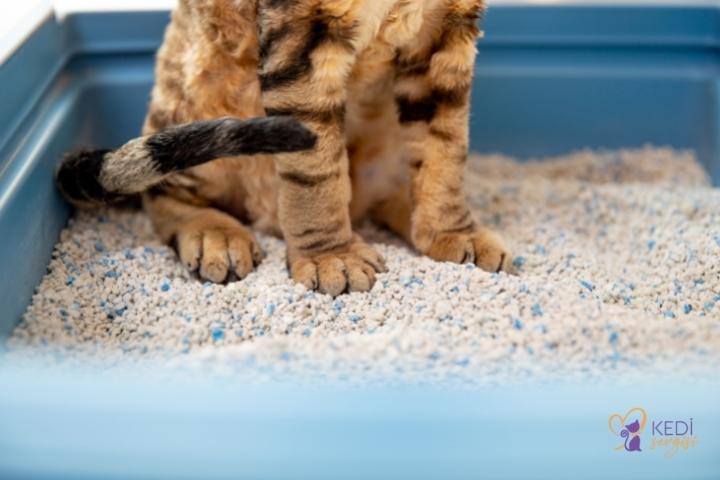What are the Symptoms of Stage 4 Kidney Failure in Cats?
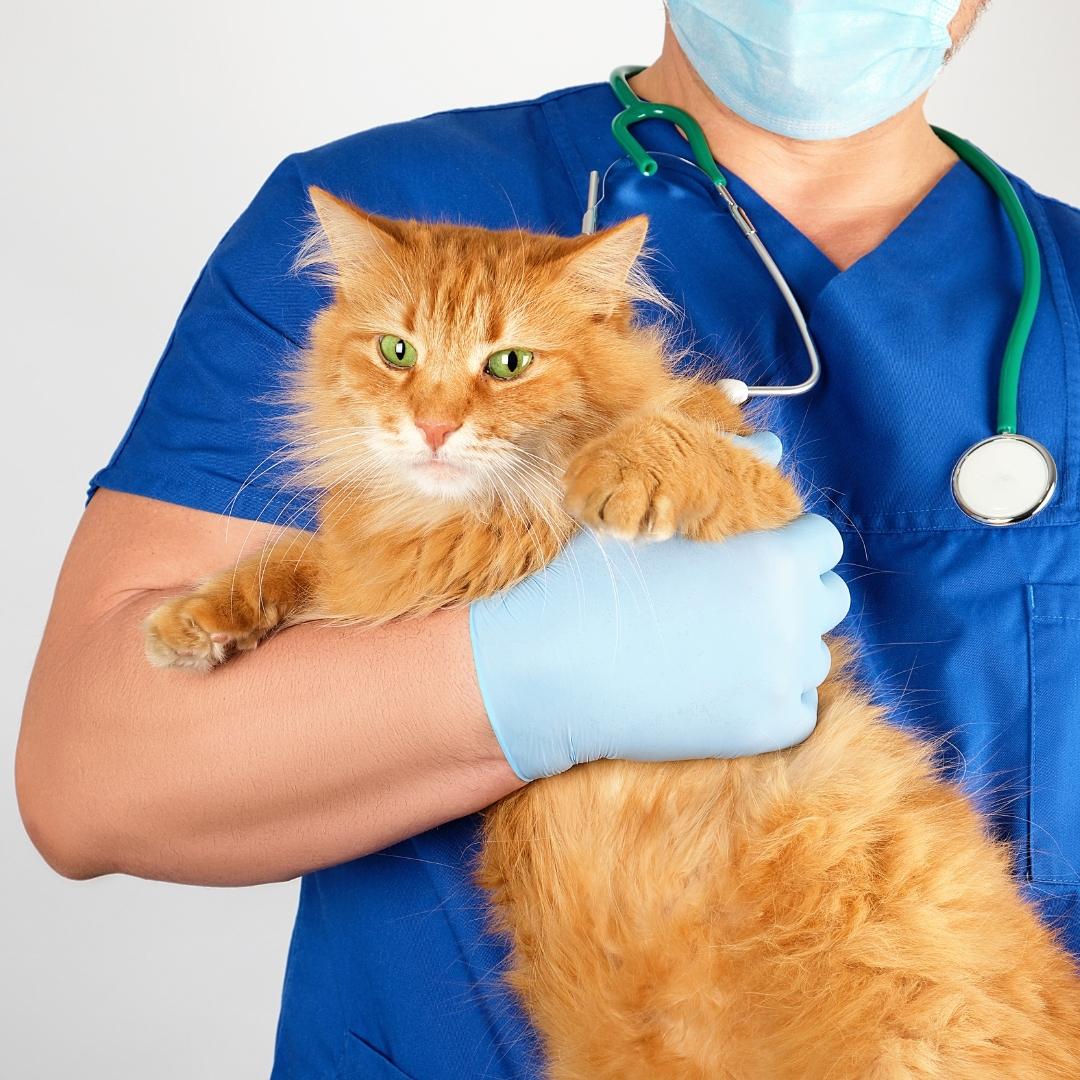
What is kidney failure in cats? Why does it happen? How is it treated? You can find answers to all these questions in the rest of the article… Cats, just like humans, have a number of diseases. Although some of them appear to be hereditary, many of them occur in the process depending on external factors. Kidney failure in cats stands out as one of them, and even the most important one.
What is Kidney Failure in Cats?

Cats’ kidneys are essential for a healthy life. Controlling blood pressure, hormone production and removing harmful substances from the blood are all processes that take place when cats have healthy kidneys. But as they get older, cats can develop kidney failure. It needs to be treated, otherwise it can cause serious problems. Feline renal failure is basically the failure of the kidneys to function properly. It can be acute or, in some cases, chronic. The disease usually develops in a short period of time. It can appear suddenly within a few days or weeks. The important thing here is to diagnose the disease early. Early diagnosis contributes positively to the treatment of kidney failure in cats.
What are the Symptoms of Kidney Disease in Cats?
Kidney disease is one of the most difficult diseases to recognize in cats. In general, when cats start to show serious symptoms, this is the stage when the disease is seriously progressing. If diagnosis is not made in the early stages, your pet’s difficulties will increase. General symptoms include:
- Loss of appetite
- A slight weight loss,
- Frequent self-licking/cleaning,
- There is an increased need to drink water.
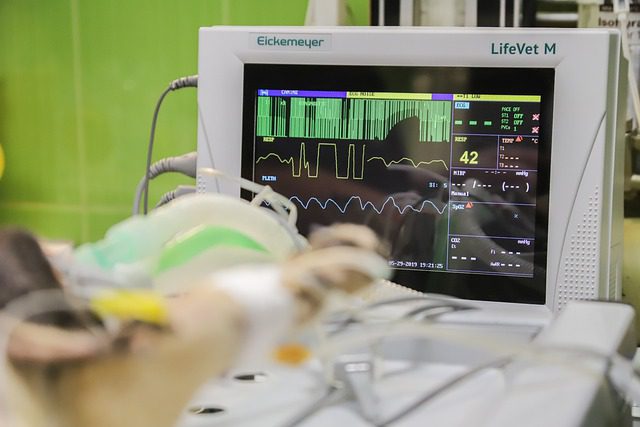
Symptoms of End Stage Renal Failure in Cats
Kidney disease, which progresses in stages, will cause serious symptoms when it reaches the last stage in cats. It can also be noticed directly by the person who feeds them. Among the last, fourth stage symptoms:
- Frequent trips to the toilet,
- Noticeable weight loss,
- Vomiting
- Not eating food or not taking it out after eating,
- Serious thirst,
- Lack of urination
- Change in feathers,
- Diarrhea or change in the toilet,
- Senseless bad breath,
- Change in mood,
- Malaise and loss of energy,
- There are mouth sores and discoloration of the gums.
What Causes Kidney Failure in Cats?
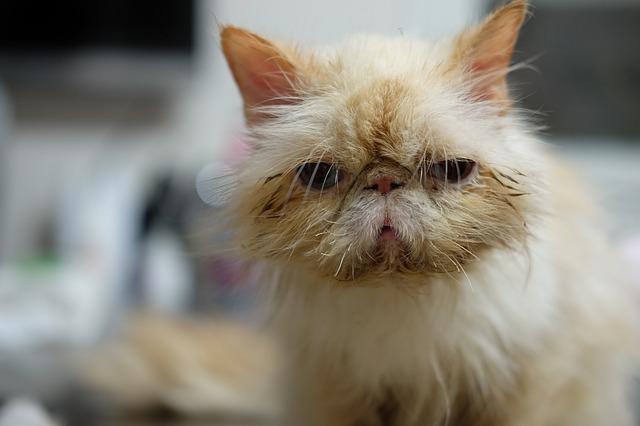
Feline renal failure causes permanent damage to the kidneys, resulting in an inability to remove harmful wastes from the blood. Usually, the exact cause is not known. However, in some cases, after examinations by specialized veterinarians, clues about the causes of the disease can be found. There are many factors that can cause kidney failure. Medications, food poisoning, tumors in the kidney area, infections and bacteria, inflammation in the parts that filter the blood and congenital anomalies are examples of factors that trigger kidney failure. Low potassium in the blood can also cause kidney failure. It should not be forgotten that the most accurate information on the subject can be obtained from specialized veterinarians.
Treatment of Kidney Disease in Cats
According to research by experts, if a cat receives the right treatment, even if its kidney function is at 5%, this is enough for it to live for a long time. However, as we mentioned, the right treatment is very important. Only a veterinarian can determine this. Cat owners also have some duties under veterinary control. The most important of these is to ensure that cats have access to clean water and adequate food during the treatment period. The diet is also determined by the veterinarian. In addition, cat owners should give their cats the medication prescribed by the veterinarian without interruption. A large part of the treatment of renal failure is drug consumption. It is not possible to give clear information about how the treatment of renal failure in cats will end. Because the answer to this question is proportional to the stage of diagnosis of the disease, the correct treatment and the cat’s constitution. However, we can say that the main goal of veterinarians in the treatment of renal failure in cats is to partially reduce or stop the progression of the disease, rather than completely eliminate it.
How Long Does a Cat with Kidney Failure Live?
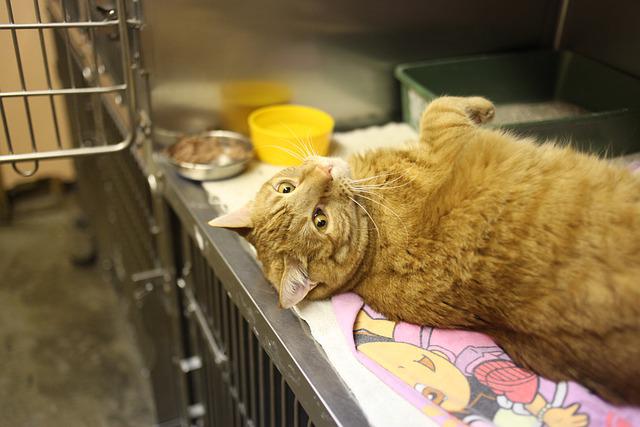
Usually, veterinarians recognize kidney failure in cats at a very late stage. Cats actually need to undergo some serious controls from the age of 9. However, as a result of neglected controls, it can often be diagnosed after losing 75% of the kidney. Although a difficult process begins for cats that have lost a serious part of their kidneys, it is very difficult to give a clear life expectancy. Experts do not make a clear statement on this subject. Although a 5% kidney is sufficient for cats, they should be very careful and should be ensured to spend the rest of their life in good quality.
Does Kidney Failure in Cats Kill? Does Kidney Failure in Cats Result in Death?
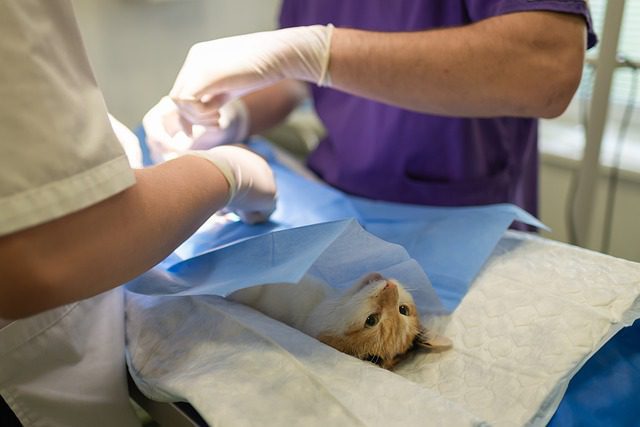
Although it is often unfortunately undesirable, kidney failure in cats can result in death. After your cat has been diagnosed with acute kidney disease, the treatment is mostly aimed at ensuring that the remaining intact kidney is sufficient. It is not possible to eradicate the disease, it can only be partially controlled. We recommend you to review our other articles about cat health on Cat Love and wish a healthy and long life for your cat… https://www.youtube.com/watch?v=ep17RcEJWPQ


